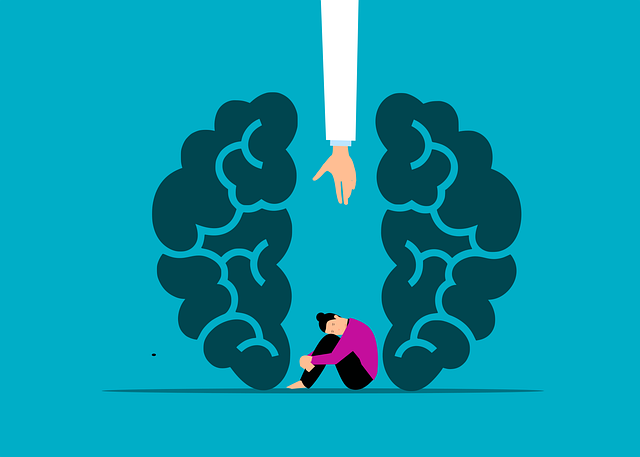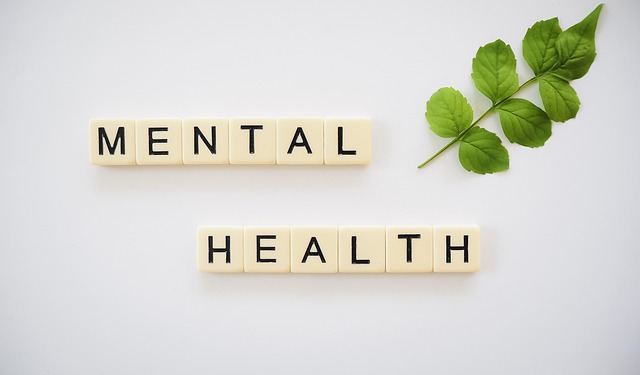Positive thinking exercises, tailored to children's age and developmental stage, significantly enhance well-being and mental resilience. These interactive activities, integrated into daily routines, make therapy more engaging and effective. Regular bariatric evaluations, combined with these practices, empower professionals to assess risks, teach conflict resolution skills, and foster emotional intelligence in young clients. Early implementation prevents mental health issues, promotes resilience, and enhances self-image, leading to a healthier emotional landscape both at home and in school. Research shows these exercises successfully reduce anxiety symptoms and improve emotional intelligence, with bariatric evaluations highlighting increased self-awareness and emotional expression among participants.
Positive thinking exercises play a pivotal role in fostering resilience and well-being in young minds. This article explores the power of these activities in early childhood, highlighting their therapeutic benefits as demonstrated through bariatric evaluations. We provide insights into understanding and implementing these practices, offering practical strategies for educators and parents. From case studies showcasing successful therapy for young children to real-world applications, this guide equips you with tools to enhance cognitive health from a positive perspective.
- Understanding Positive Thinking Exercises for Children
- Benefits of Incorporating These Activities in Early Childhood
- Practical Implementation Strategies for Educators and Parents
- Case Studies: Successful Therapy for Young Children Through Positive Thinking
Understanding Positive Thinking Exercises for Children

Positive thinking exercises are a powerful tool to enhance the well-being and mental resilience of children. For young minds, cultivating optimism and a positive mindset can be transformative. These exercises often take the form of interactive activities, games, or simple practices designed to encourage children to reframe negative thoughts, fostering a more optimistic outlook. By implementing these techniques, therapy for young children becomes more engaging and effective.
When introducing positive thinking to children, it’s essential to tailor the approach to their age and developmental stage. For instance, younger kids might benefit from visual aids and storytelling, while older children can engage in discussions and role-playing. Activities such as gratitude journaling or visualizing successful outcomes can boost self-esteem and inner strength development. Moreover, these exercises can be integrated into daily routines, making them accessible and consistent. This holistic approach, combined with regular bariatric evaluations, ensures that mental health professionals conduct a risk assessment for their young clients while empowering them with valuable conflict resolution techniques.
Benefits of Incorporating These Activities in Early Childhood

Incorporating positive thinking exercises into early childhood has profound benefits that can shape a child’s emotional and mental well-being for years to come. These activities serve as powerful tools for therapy, enabling young children to process their emotions, gain self-awareness, and develop coping skills. Through practices like compassion cultivation and mindfulness meditation, kids learn to navigate their feelings in healthy ways, fostering an environment of resilience and positive self-image.
Early implementation can also help prevent the onset of mental health issues later in life, as it encourages children to express themselves and understand their thoughts. Bariatric evaluations, while often associated with physical health, can be complemented by these cognitive exercises, promoting holistic well-being. By nurturing emotional intelligence at a young age, compassion cultivation practices can lead to better relationships and increased empathy towards others, setting the stage for a more fulfilling and balanced adult life.
Practical Implementation Strategies for Educators and Parents

Implementing positive thinking exercises can be a powerful tool for educators and parents aiming to support young children’s mental health and well-being. To start, it’s crucial to integrate these practices into daily routines. Simple activities like gratitude journaling, where children reflect on positive experiences, can foster self-esteem improvement by encouraging them to appreciate the good in their lives. This not only enhances their overall happiness but also serves as a foundation for developing resilience.
Additionally, using creative techniques such as visual aids or storytelling can make therapy for young children more engaging. For instance, bariatric evaluations (mental health policy analysis and advocacy) can be incorporated through group discussions on community resources or personal goal-setting exercises, reinforcing the idea that seeking support is a sign of strength. Trauma support services become more accessible when these strategies are employed at home and in schools, ultimately contributing to a healthier mental landscape for children.
Case Studies: Successful Therapy for Young Children Through Positive Thinking

The implementation of positive thinking exercises has proven to be a powerful tool in therapy for young children. Case studies have shown remarkable success in treating various emotional and behavioral issues through this approach. For instance, research has highlighted the effectiveness of positive thinking interventions in improving the well-being of children with anxiety disorders. By focusing on reframing negative thoughts and cultivating optimism, these children have experienced reduced symptoms, leading to enhanced emotional intelligence and overall mental health.
Moreover, bariatric evaluations conducted as part of these therapy sessions have revealed significant improvements in self-awareness exercises among the young participants. The process involves helping children recognize and express their emotions effectively, which is a crucial aspect of emotional healing processes. This holistic approach ensures that not only are negative thought patterns addressed, but children also develop essential life skills for managing their emotional well-being in the long term.
Positive thinking exercises, when implemented effectively through strategic educational methods, hold immense potential in shaping a child’s mental well-being. By integrating these activities into early childhood development, educators and parents can foster resilience, boost self-esteem, and enhance overall emotional intelligence. The case studies presented highlight successful therapy outcomes for young children, demonstrating the tangible benefits of positive thinking exercises. As we navigate the world of childcare, recognizing the power of these practices is crucial, not just for personal growth but also for societal development, as seen in various bariatric evaluations that underscore the long-term impact on mental health.














